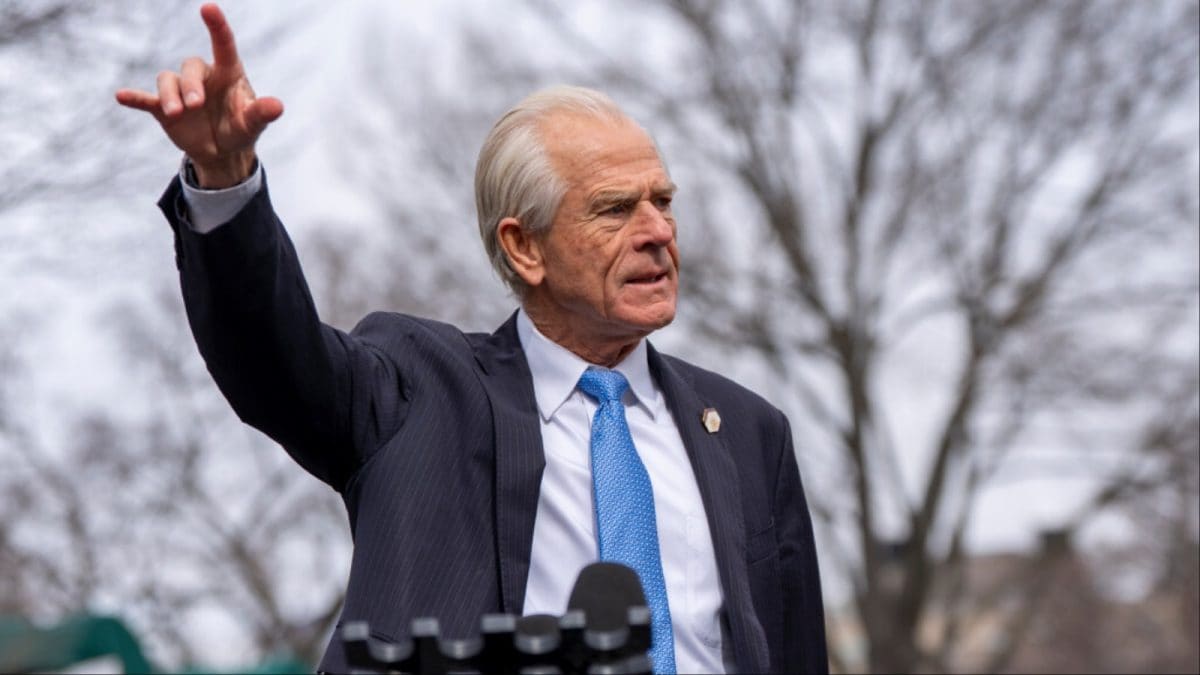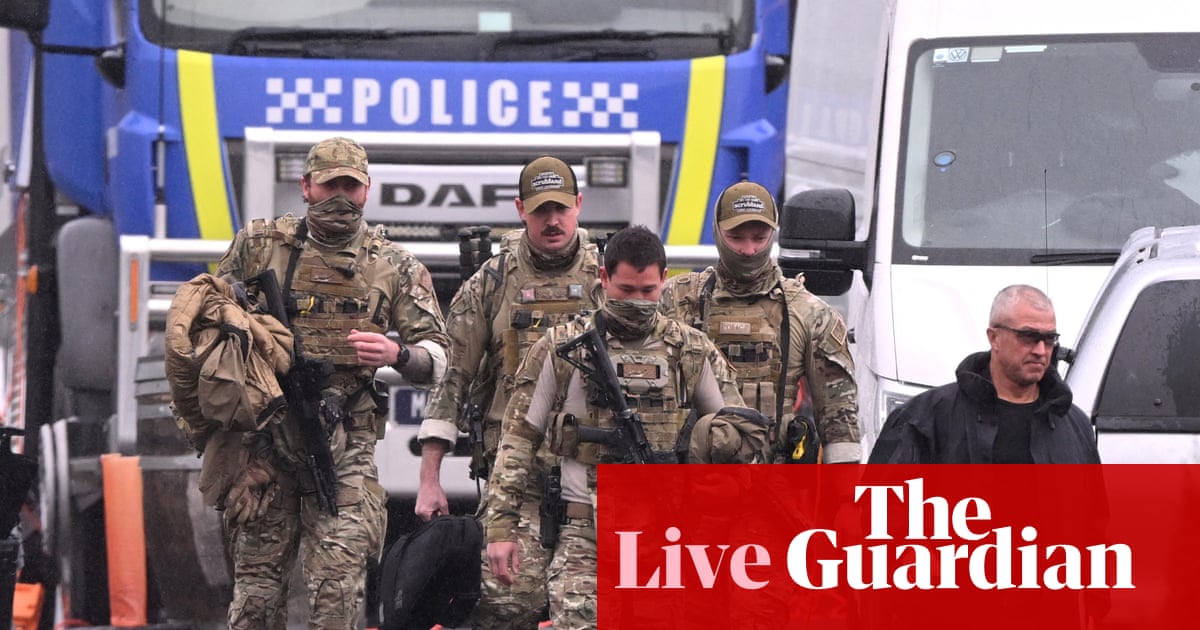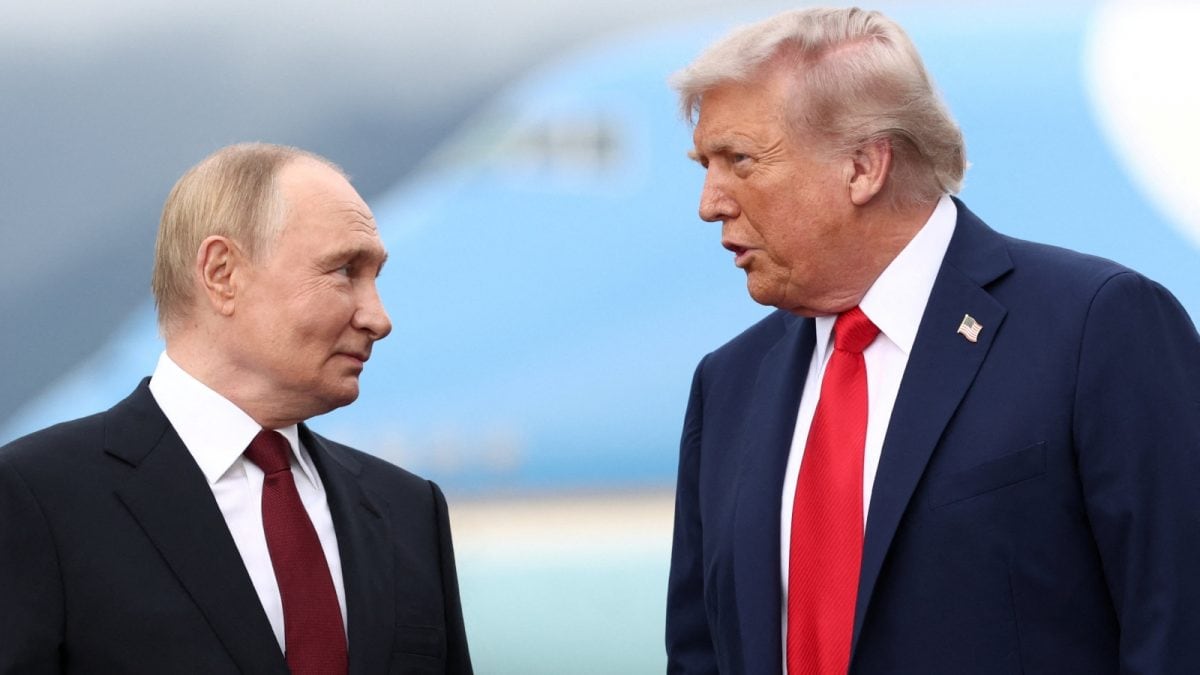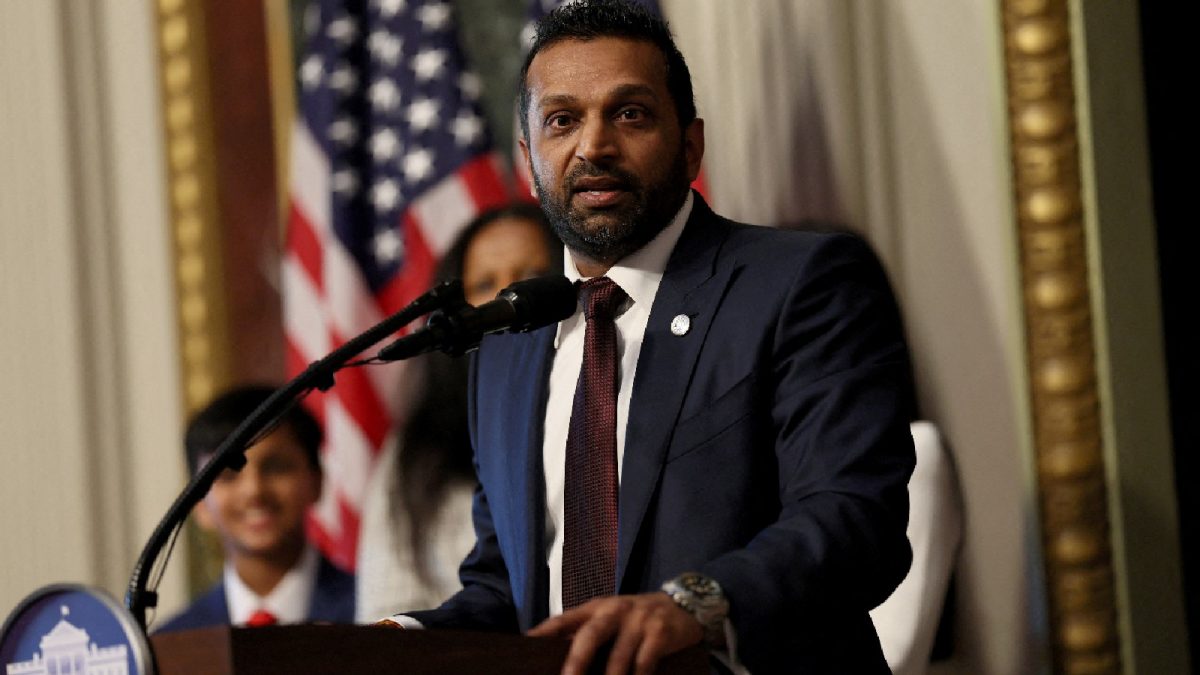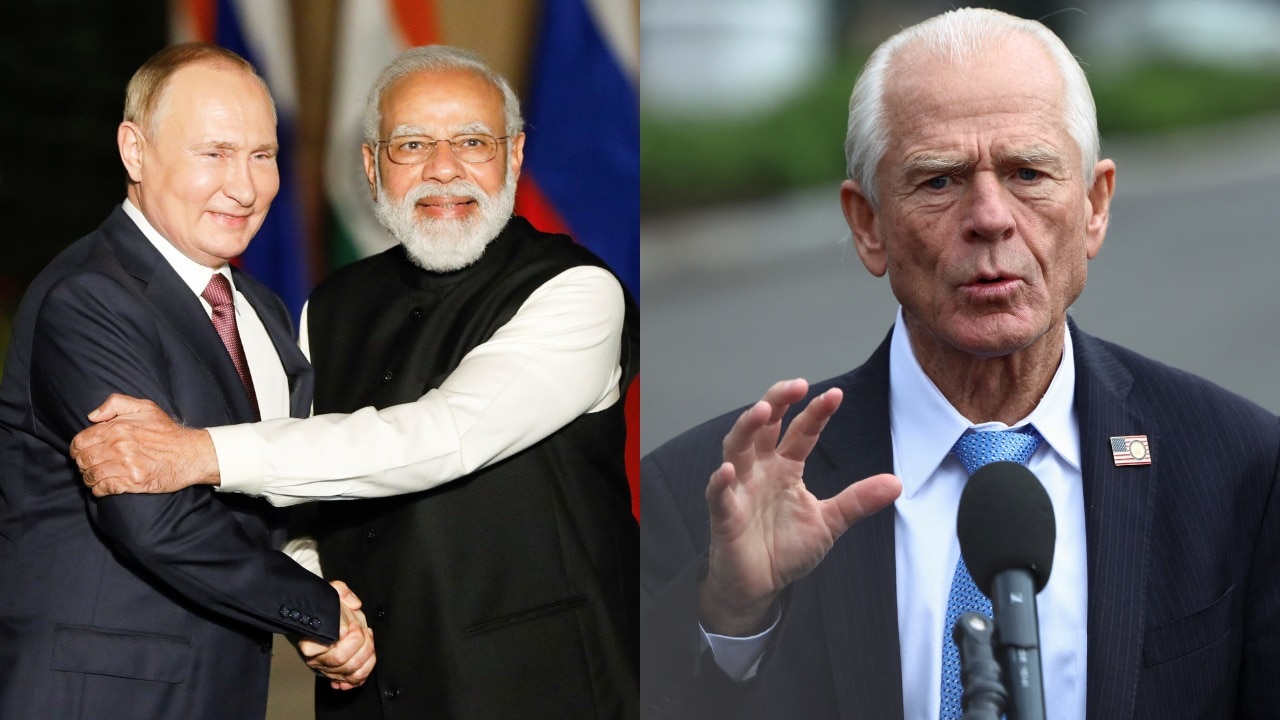Last Updated:July 09, 2025, 15:02 IST
The growth of Turkish and Pakistani-supported religious facilities and networks in Nepal's border districts presents complex challenges for India, states an intelligence report

Sashastra Seema Bal (SSB) and Pithoragarh Police personnel conduct a security operation along the India-Nepal border, in Uttarakhand. (PTI)
Turkey or Turkiye is now a player in Nepal and is throwing a complex challenge to India’s interest in collaboration with Pakistan, according to an intelligence report accessed by News18.
The growth of Turkish and Pakistani-supported religious facilities and networks in Nepal’s border districts presents grave and complex challenges for India, especially in the realm of regional security, demographic change, and the possibility of cross-border radicalisation, states the report.
Turkey’s Strategic Outreach, Ideological Expansion: What the intel report says
Turkey’s action in Nepal, while newer, is important. The Turkish NGO IHH (Foundation for Human Rights and Freedoms and Humanitarian Relief), which is associated with extremist groups and is said to be financed and supported by the Turkish government and intelligence agencies, has extended its activities in Nepal’s border regions. By its alliances with indigenous groups such as Islami Sangh Nepal (ISN)— a suspect for jihadist links—IHH has sponsored the building of mosques, madrasas, orphanages, and Islamic centers aimed at minority Muslim populations.
The Turkish methodology seems to be dual: humanitarian access as a veil for ideological penetration, and the formation of a transnational network usable for political or strategic purposes. Turkish-sponsored religious institutions under the umbrella of the state development agency TIKA and guarded by Turkish intelligence (MIT) are blamed for spreading a specific brand of political Islam and logistical support to radical agenda-carrying groups. The presence of SADAT, a Turkish paramilitary organization affiliated with ISN, makes it suspicious about militia training and secret operations in the area.
For India, the rise of Turkish-backed actors brings a new dimension of complexity. In contrast to Pakistan’s openly adversarial approach, Turkey’s is more nuanced, combining soft power with tacit support for Islamist networks. This may encourage ideological radicalization among border populations, generate new avenues for anti-India propaganda, and possibly enable the transfer of funds or personnel for extremist agendas.
Pakistan’s influence and security implications
Pakistan, especially through its spy agency ISI, has played a crucial role in financing the fast spread of mosques and madrasas along the Indo-Nepal border, particularly in provinces bordering Uttar Pradesh, Bihar, and West Bengal.
Intelligence sources point out that the number of mosques in Nepali provinces sharing a border with India increased from 760 in 2018 to 1,000 in 2021, and madrasas increased from 508 to 645 during the same timeframe. These institutions are not just religious establishments but are accused of fomenting anti-India feelings and giving shelter to criminals and extremist operatives operating in the border areas.
The open India-Nepal border—much of it unfenced and cutting across rugged terrain—makes it easy for people, money, and even illegal goods to move. This openness has enabled Pakistani-sponsored groups to utilise Nepal as a base for launching terror operations against India. There is recorded proof of financial transfers and logistical aid for terror outfits such as Indian Mujahideen, Lashkar-e-Taiba, and Jaish-e-Mohammad being diverted via Nepalese soil. The network of guesthouses and madrasas that are said to harbor operatives from Pakistan and Bangladesh further complicates India’s security mathematics, as these centers can be used as operational hubs or transit points for cross-border incursion and plotting.
In addition, the population shifts in border districts—where Muslim numbers have expanded appreciably, and Islamic markers now dominate Hindu ones in a few villages—are considered by Indian intelligence to be a calculated attempt to reshape the social landscape and establish friendly local networks that can be mobilized for subversive operations. The demographic change, combined with the growth of unmonitored religious institutions, offers fertile ground for recruitment and radicalisation.
Impact on India: Security, social cohesion and policy response
The cumulative impact of Pakistani and Turkish interventions is the establishment of a combustible environment along the India-Nepal border. This is an environment that is marked by:
Greater vulnerability to cross-border terrorism: The spread of foreign-funded mosques and madrasas offers infrastructure facilities that can be used by terrorist organizations for recruitment, indoctrination, and planning.
Demographic and social changes: Increasing control by outside agents of border communities’ identity and loyalties may frustrate India’s attempts at ensuring social harmony and national integration in sensitive areas.
Coping with border management challenges: The sheer volume of uncontrolled religious institutions makes surveillance and enforcement difficult, as government authorities will have to sort out genuine religious activity from fronts for subversive activities.
Intelligence and diplomatic strain: India now has to deal not only with Pakistan’s proxy networks but also the ideological extension of Turkey, calling for increased intelligence cooperation, tighter regulatory controls, and stronger engagement with the authorities in Nepal.
In retaliation, Indian authorities have mounted crackdowns on unlawful madrasas and mosques along a 10-15 km radius from the border, razing unauthorised buildings and closing off unrecognized institutions. Such measures are meant to reclaim public land, enforce legal norms, and interfere with possible hotbeds of radicalism. Nevertheless, the root causes—foreign financing, porous borders, and indigenous grievances—still simmer with intensity, calling for continued vigilance and cross-border cooperation.
Pakistan and Turkey’s strategic initiatives in Nepal’s border states are a considered push to enhance their ideological and geopolitical presence in a region vital to India’s security. Using religious infrastructure and capitalizing on local weaknesses, these players are redrawing the border terrain in such a manner as to imperil India’s internal stability and regional interests. India’s approach—based on law enforcement, intelligence activity, and diplomacy—will have to evolve to meet the changing character of this threat, juggling security requirements with the necessity of maintaining social harmony and religious freedoms.
view commentsLocation : First Published:News explainers Why Is Pakistan’s Friend Turkey Building Mosques, Madrasas On India-Nepal Border? Why It’s A Concern
Disclaimer: Comments reflect users’ views, not News18’s. Please keep discussions respectful and constructive. Abusive, defamatory, or illegal comments will be removed. News18 may disable any comment at its discretion. By posting, you agree to our Terms of Use and Privacy Policy.

 1 month ago
1 month ago



